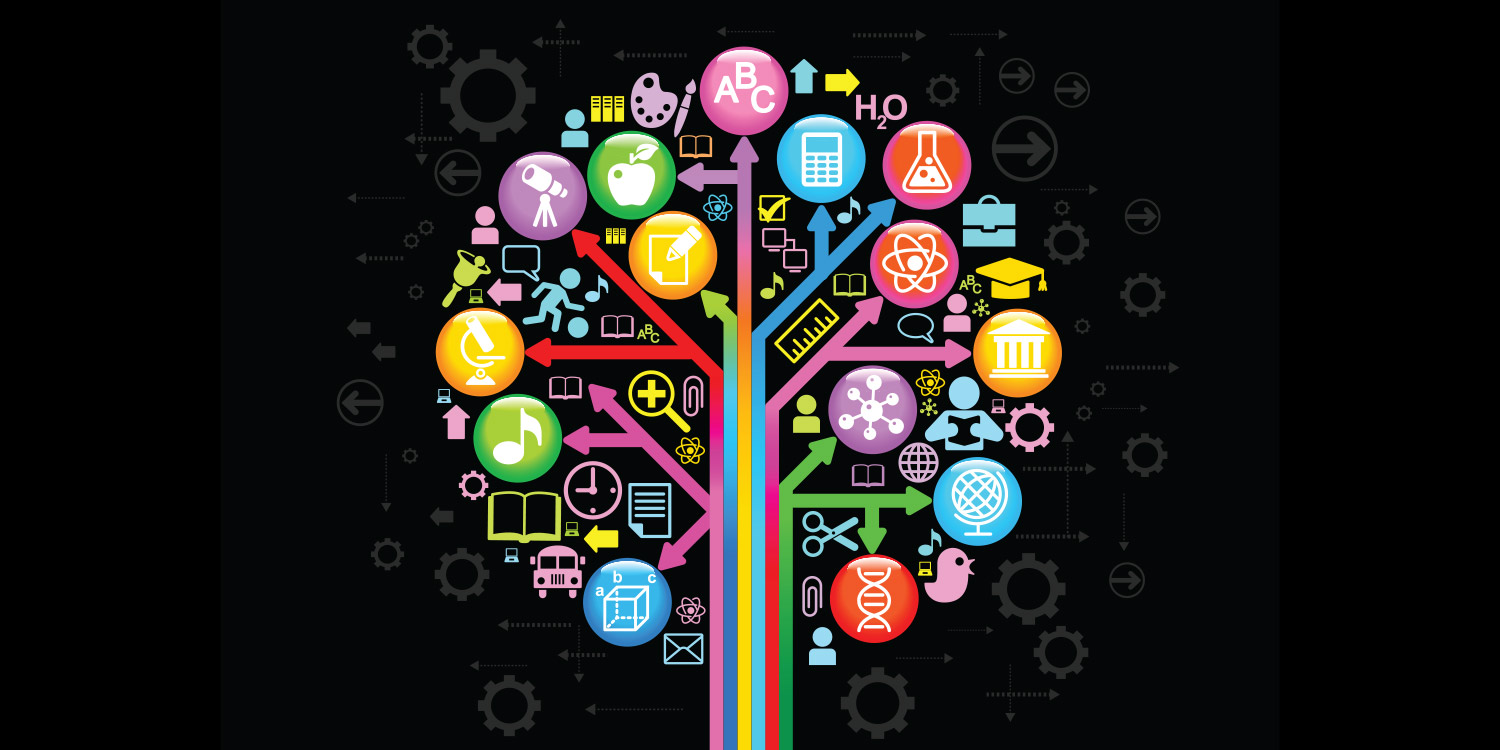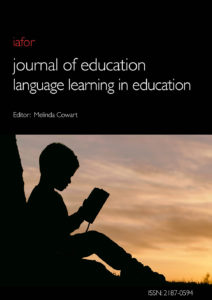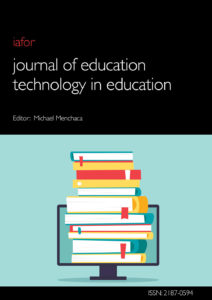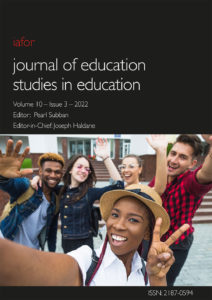
Information about the IAFOR Journal of Education individual issues
JoE – Language Learning in Education
 The IAFOR Journal of Education: Language Learning in Education issue encourages interdisciplinary research, with the primary focus being on addressing critical issues and current trends and research in the education of language learners and the field of language learning.
The IAFOR Journal of Education: Language Learning in Education issue encourages interdisciplinary research, with the primary focus being on addressing critical issues and current trends and research in the education of language learners and the field of language learning.
This would include exploring significant themes, exceptional programs and promising practice in the fields of second language acquisition, reading instruction, linguistics, content area literacy, multicultural education, and strategic instruction as they relate to the appropriate education of those engaged in language learning. The anticipated audience will be preservice and inservice teachers and administrators, university faculty and students, linguists, and others interested in language learning research.
All papers are reviewed equally according to standard peer review processes, regardless of whether or not the authors have attended a related IAFOR conference.
Please note that papers already submitted to or published in IAFOR Conference Proceedings are not accepted for publication in any of IAFOR’s journals.
The journal covers a variety of topics, including:
- Acculturative stress
- Adult language learners
- Assessment concerns
- Characteristics of the most effective professional development for both preservice and inservice teachers and administrators
- Cross-cultural aspects of language learning
- Cross-cultural communication
- Culturally relevant and culturally responsive teaching
- Curriculum and/or programme development for language learning
- Differentiated instruction for those engaged in language learning
- Educational linguistics
- How to minimise the possibility of language loss
- ICT and CALL in language learning
- Innovation in educating diverse populations
- Intercultural communication
- Language learning among young learners
- Language learning and assessment
- Language teacher education
- Psychological issues in language learning
- Reflective language teaching and learning
- Social issues in language learning
- Strategies for supporting the native language
- Successful bilingual, ESL, and other language learning programs
- The affective and academic impact of refugee resettlement and political asylum
- The identification of a suitable implementation and assessment of culturally relevant teaching and leadership
- The impact of the loss of cultural identity on SLA
- The role of the heritage language and culture in second language acquisition
- The use of multicultural and multicultural bilingual books
- University/school partnerships functioning successfully in diverse settings
- Using music and art to enhance academic achievement
All papers are reviewed equally according to standard peer review processes, regardless of whether or not the authors have attended a related IAFOR conference.
Please note that papers already submitted to or published in IAFOR Conference Proceedings are not accepted for publication in any of IAFOR’s journals.
Note: The original IAFOR Journal of Language Learning is now retired and instead publishes under the umbrella of IAFOR Journal of Education, becoming its annual issue Language Learning in Education.
See past issues of the IAFOR Journal of Language Learning.
JoE – Technology in Education
 The IAFOR Journal of Education: Technology in Education seeks high-quality, original submissions encouraging exploration of the impact of technology in diverse educational settings both formal and informal. The journal’s simple aim is to improve education and its scope is broad. While the journal welcomes both research-focused as well as practitioner-based manuscripts, all submissions should include sound theoretical and/or conceptual foundations.
The IAFOR Journal of Education: Technology in Education seeks high-quality, original submissions encouraging exploration of the impact of technology in diverse educational settings both formal and informal. The journal’s simple aim is to improve education and its scope is broad. While the journal welcomes both research-focused as well as practitioner-based manuscripts, all submissions should include sound theoretical and/or conceptual foundations.
Submissions could include but are not limited to:
- artificial intelligence (AI)
- e-learning
- online learning
- multimedia-based learning
- ICT in education
- learning technologies.
- virtual learning, and
- blended learning across all sectors of education such as pre-K-12, higher education, corporate, military, and informal.
All papers are reviewed equally according to standard peer review processes, regardless of whether or not the authors have attended a related IAFOR conference.
Please note that papers already submitted to or published in IAFOR Conference Proceedings are not accepted for publication in any of IAFOR’s journals.
JoE – Studies in Education

Volume 10 – Issue 3 – Studies in Education. Published December 4, 2022, edited by Pearl Subban
The IAFOR Journal of Education: Studies in Education encourages exploration of significant themes, exceptional programs and promising practice in fields including, but not exclusive to, early childhood, primary and secondary education, higher education, assessment, educational leadership and policy, and sustainable education.
In addition, the Editor encourages submissions in the area of "The Future of Learning".
Subtheme: The Future of Learning
We live in a world of flux, where the educational landscape is fluid, not fixed. Education, through teaching and learning, has had to adapt to accommodate this shaping and reshaping through three pivotal elements. Firstly, conflict, social and economic demands have shifted attention to sustainability and social justice. There is now a progressive emphasis on teaching critical thinking, soft skills and sustainability. In this context, preparing students to be responsible global citizens in a rapidly changing world, has become paramount. Secondly, our world continues to adjust following the global pandemic, with more institutions considering online platforms and hybridised classrooms. Greater flexibility is encouraged to support students and their well-being, encouraging more resilient and responsive teaching methods. Thirdly, technology, the advent of Generative AI, and the integration of a range of machine learning, continues to significant influence this landscape and contributes to its fluidity. Educational institutions continue to rely on digital tool to enhance learning and teaching.
This issue of Studies in Education, invites contributions in line with these three aspects:
-
- Sustainability and social justice;
- Flexible and responsive teaching and learning programmes.
- Technology (and its impact on educational delivery).
Aligned with this, contributions may include (but are not restricted to):
-
- Educational Policy and Reform
- Developing soft skills in the classroom
- Hybridised or blended learning
- Personalised learning
- Future skills and curriculum development
- Ethical considerations in educational technology
- Globalised education
- Sustainable education practices
All papers are reviewed equally according to standard peer review processes, regardless of whether or not the authors have attended a related IAFOR conference.
Please note that papers already submitted to or published in IAFOR Conference Proceedings are not accepted for publication in any of IAFOR’s journals.
